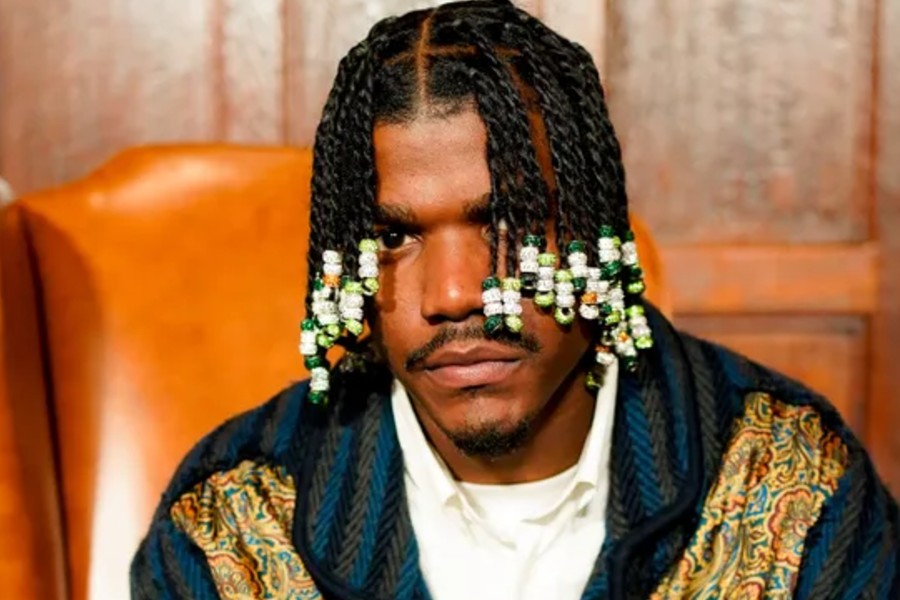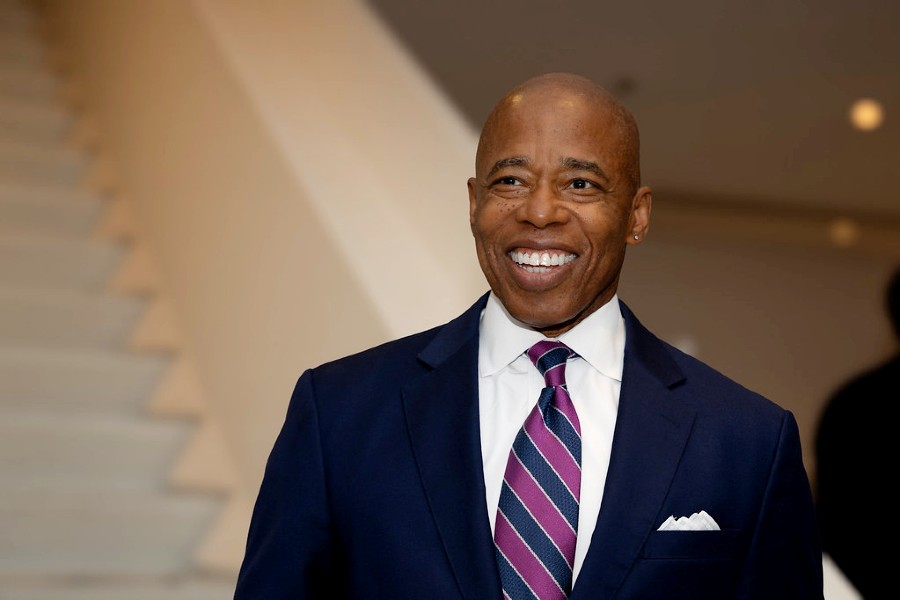 Over lunch at her home in the Bronx recently, Mary Rucker-Thomas spoke about the pride she felt for the enduring legacy of her husband, Holcombe Rucker.
Over lunch at her home in the Bronx recently, Mary Rucker-Thomas spoke about the pride she felt for the enduring legacy of her husband, Holcombe Rucker.
Many are familiar with Rucker, whose name became synonymous with the best of playground basketball before his death too young at 39, of cancer. They are probably not familiar with his widow, Rucker-Thomas, who at 81 is the keeper of the family flame even as the basketball tournament her husband founded no longer bears his name.
Every year at this time she has memories of frenzied Holcombe Rucker summers, when he organized neighborhood teams and tournaments and got professional players to play in Harlem before huge crowds. Had someone told the struggling couple that Rucker’s work with young people, using basketball as a vehicle, would make him legendary, they would not have believed it.
“Not in my wildest dreams,” she said. “That was the furthest thing from my mind, and I’m sure it was the furthest from his also.”
She added, “We were so busy trying to survive.”
The Ruckers’ life together was a love-testing struggle. Mary and Holcombe, raised in Harlem, married in 1947, when she was 16 and he was 21. She did not finish high school, and he dropped out in the middle of his sophomore year and joined the Army.
When he returned to New York, he found himself with no job prospects, no diploma, a young wife and, soon, a family. Rucker, with only a year and a half of high school, had many frustrating moments trying to find a job. It seemed that the cycle of poverty and disappointment from his childhood was continuing: never enough food, enough money, enough education.
He finally got a custodial job at a New Jersey bank, but his unhappy youth became the source of his life’s mission: expanding opportunities, broadening horizons and empowering young, disadvantaged African-Americans in Harlem.
Rucker would engage them through basketball, which he had played briefly in high school. He established a youth league and a summer tournament in 1947 to provide an alternate recreation outlet. But Rucker had more in mind, making himself an example for achieving an education. He earned his high school equivalency diploma, and then a bachelor’s degree from City College.
Mary Rucker was no playground den mother, keeping the clock or keeping score. She had their first child at 17, their second at 18, their third at 21. She kept house and kept the family intact. She was mother and father and chief disciplinarian.
She gave her husband the leeway he needed to be a father to a community desperate for a shining light. “He was determined that he was going to get these kids out of the doldrums of Harlem,” she said.
Rucker would not allow players with failing grades to play for a period of time. He attended PTA meetings and more. “He went to class with me and taught me how to take notes and how to get organized,” recalled Peter Sherman, who was mentored by Rucker in the mid-1960s and worked in pharmaceutical sales for 31 years after graduating from college.
Rucker used his tournament’s popularity, the players it attracted and the growth of college and high school basketball to develop relationships with college coaches and administrators. He secured basketball scholarships for more than 700 players, including Sherman.
Building a program with a vision and no money put a strain on the Ruckers. He was using the skimpy family resources for kids who had less. Mary Rucker didn’t object to what he did but to the amount of time he spent doing it.
“We had some knock-down, drag-out arguments because I wanted him home,” she said. “I could appreciate what he was doing, but I felt that his family needed more of his time.”
His tournament and later Holcombe Rucker Park at 155th Street in Manhattan attracted star players — from Wilt Chamberlain, Kareem Abdul-Jabbar, Julius Erving and Nate Archibald to Allen Iverson and Kobe Bryant. Last summer Kevin Durant scored 66 points in a game at Rucker Park.
Over the decades since Rucker died in 1965, the offshoots of his tournament have become partners with businesses. For example, the Entertainers Basketball Classic tournament, which runs five days a week through Aug. 17, recently announced an official sponsorship with AT&T. But in his effort to keep the focus on education, Rucker resisted the temptation to go for grants and sponsorships.
“I used to fuss with him all the time,” Rucker-Thomas said. “I said, ‘Why aren’t you getting funding?’ He said: ‘I don’t want to get funded because I’d have to run the program the way they want. If I get funded, I have to do what they tell me to do.’ But he wouldn’t have had to go into his pocket. He wouldn’t have to come here into the house and the kitty. He knew that, but he didn’t do that.”
Basketball has become highly commercialized, a lucrative industry for the adults who have access to players, for the coaches who coach the players and for a few players. The educational imperative has been contorted into a shape Rucker might not recognize if he were alive.
In his view, basketball was a means to an end. Basketball for too many has become the end, and summer playground exhibitions like those that have replaced the original Rucker tournament have become part of the cattle call.
“That’s not what he was about,” Rucker-Thomas said. “That’s the complete opposite of what he was about. He realized that no matter how far you go, eventually education comes into play.”
Asked if she thought her husband’s legacy was in good hands, she paused, and then finally, simply, said, “No.” She declined to elaborate.
“Rucker’s goal was to help people who had stepped outside the box, and didn’t know how to get back in, find their way back,” she said. “He helped people who had lost touch with themselves and their surroundings get back to where they were supposed to be.”
In time she developed perspective about the commitment that consumed so much of his time.
“God put him here for a reason; that’s why he had to spend so much time involved in all of this,” she said. “He had a mission, and he had a short amount of time to complete the mission; that’s the way I look at it.”
While many who scored big on the playground have faded from memory, Rucker’s name lives on at the Holcombe Rucker playground in Harlem. It also lives on in education; a grandson, Sharif Rucker, is principal of the Holcombe Rucker School for Community Research in the Bronx.
“The name is still honorable,” Rucker-Thomas said. “It’s beyond belief that 47 years after he died, it’s like he’s still living. I’m so proud of Rucker; I’m so proud of his legacy because that’s who he is, that’s who he was.”
Related articles

Become a Harlem Insider!
By submitting this form, you are consenting to receive marketing emails from: . You can revoke your consent to receive emails at any time by using the SafeUnsubscribe® link, found at the bottom of every email. Emails are serviced by Constant Contact






















